How about North West?????So stupid.Not a name,a plane
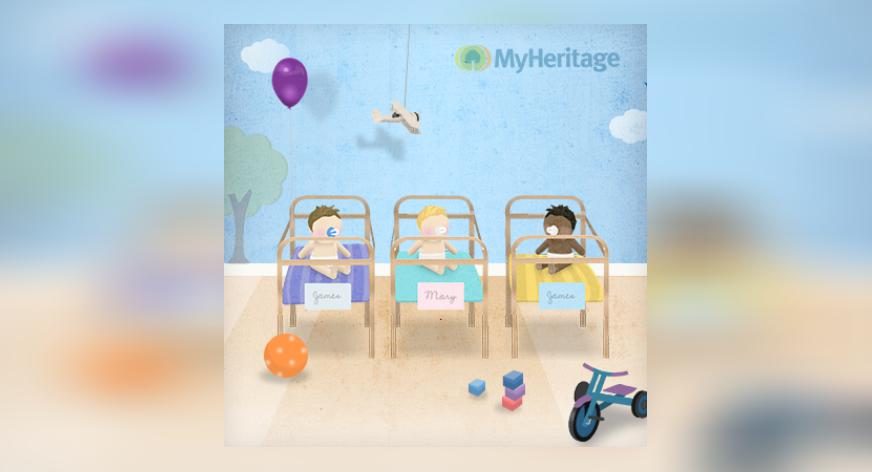

Did you know that the name Harriet is banned in Iceland or, that in Denmark and Hungary, parents have to choose from a pre-approved list of childrens’ names? In the past, we have written about baby names banned in New Zealand.
Around the world there are rules and customs for allowed names for children.
Here are some of the most interesting baby-naming laws from 10 countries:
1. Even though the Chinese language has over 70,000 characters, only a small percentage of those characters are machine-readable. In China, children’s names are limited to characters that are machine readable, for identification cards. Although parents have free range to choose the name themselves, numbers and non-Chinese symbols and characters are not allowed.
2. Like China, Japan also only allows names with machine readable characters in them.
3. Hungarian parents must choose from a pre-approved name list. If they would like a name not on the list, they can apply for approval from a government committee. Children born to a foreign citizen may have their name chosen according to foreign law
4. In New Zealand, names which can cause offense, embarrassment, or are unreasonably long, are not allowed. Some names rejected in the past are: Stallion, Yeah Detroit, Fish and Chips, Twisty Poi, Keenan Got Lucy, Sex Fruit, Satan, and Adolf Hitler.
5. Icelandic parents are limited to choosing a name from The National Register of Persons, with some 1,800 names for each gender. If parents want to choose a name not pre-approved, they can apply to the Iceland Naming Comittee and pay a fee to see if their choice is acceptable. Names must include only Icelandic characters, fit with Icelandic language and traditions and not embarrass the child. The name Harriet is not allowed as it can’t be conjugated in Icelandic. Names with the letter “C” are also rejected, as it does not exist in Icelandic.
6. In Italy, ridiculous and shameful names are banned by law.
7. Norwegians must choose a name that is not traditionally a surname or middle name. Names can only be changed once every 10 years. According to Norwegian law, if you change your surname to a name held by fewer than 200 people, you must ask permission from everyone with that surname before you are allowed to change it.
8. In Germany, baby names must be approved by the Standesamt or office of vital statistics in the area where the baby was born. The child’s gender must be apparent by its first name, and that name cannot be one used traditionally as a surname. Names must not cause embarrassment or negatively affect the child. Rejected names can be appealed. Many parents end up taking the easy road and chose traditional names for their children, such as Maximilian, Alexander, Marie and Sophie.
9. Danish parents are limited by the Law on Personal Names to choosing a baby name from a list of some 7,000 names. If parents want to choose a name not on the list, it must be approved by the local church and then reviewed by government officials. “Unusual” names are normally rejected.
10. Although the US has fewer naming laws than other countries, they do have some unusual laws not commonly known. Many states limit the number of characters in a name due to limitations of record keeping software. Some states ban the use of numerals or pictograms, and others ban the use of obscenity. A few states, such as Kentucky, have no naming laws whatsoever.
Do you have any rare or strange names in your family tree? Let us know in the comments below.
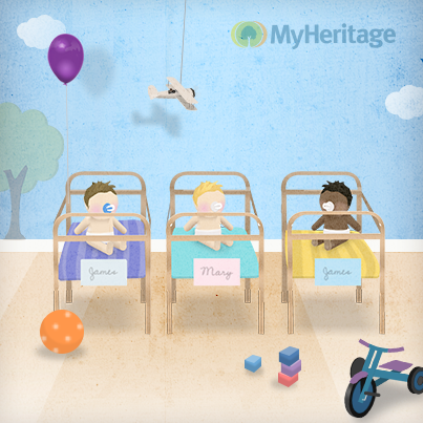

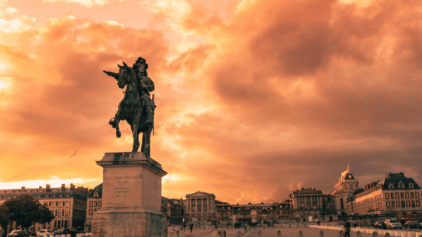






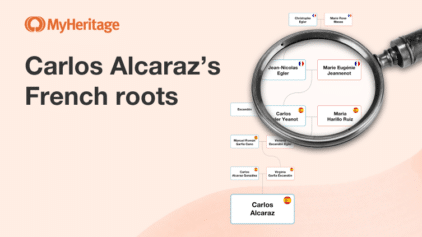
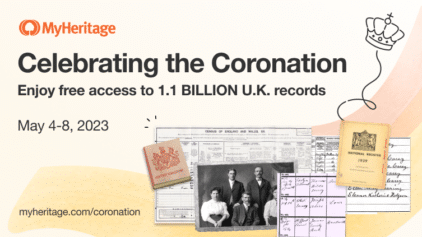
vilma calzon
October 30, 2014
I know of some Italian families who have to name the 1st born boy after the paternal grandfather. Let’s say, Joseph. Then there’s Joey, Jojo, Little Joe, Big Joe, JJ, etc.